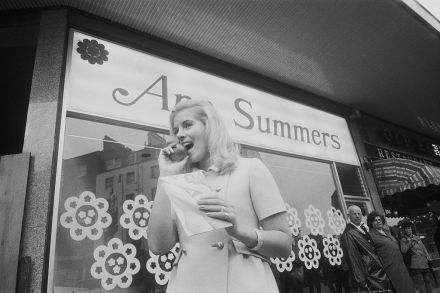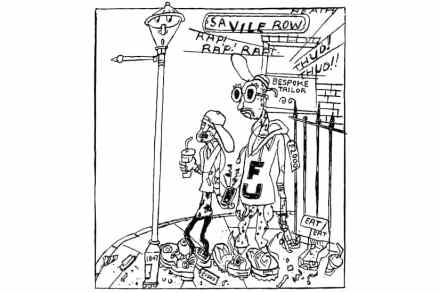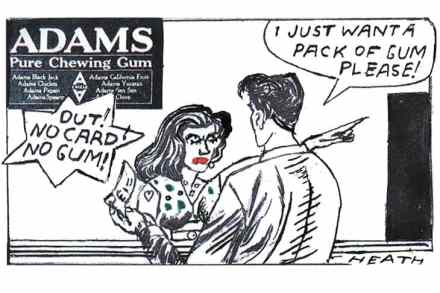Stop harassing me to review everything I buy
The email landed in my inbox one afternoon, as I frantically sandwiched work in between feeding the dog and doing the school run, its subject saying: ‘A quick reminder for you, Antonia Hoyle.’ Oh God, what now? Had I forgotten to pay a bill? Missed a deadline? It was worse. I hadn’t left a review for a company I’d purchased skincare supplements from – and six days after their initial request, they sounded disappointed, adding reproachfully: ‘We would like to remind you that writing a review of your experience will help us improve our customer satisfaction.’ Presumably they were referring to customers other than me, because, having already forked out





















